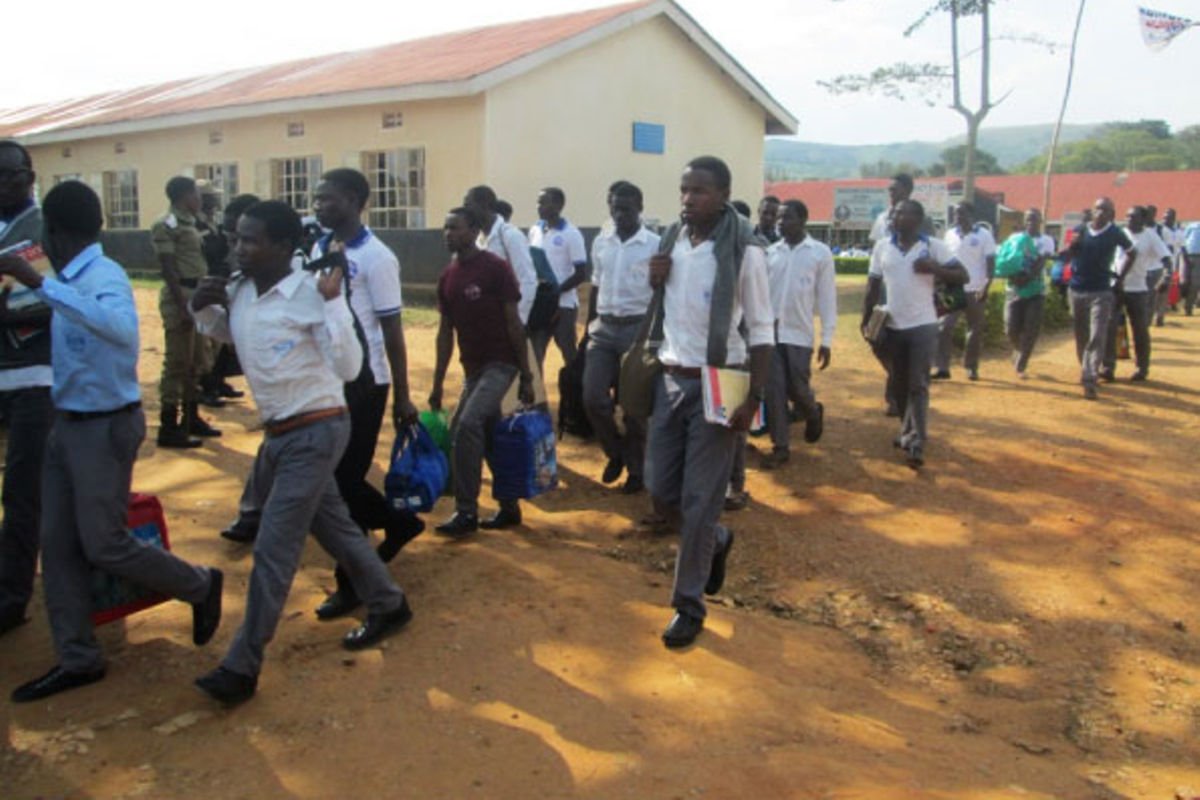Over 900 citizens in Karamoja Sub-region, mainly children and the elderly have succumbed to hunger and other related shortcomings since February this year, according to statistics supplied by local officials.
The situation is so dire to the extent that in every 10 Karimajong households, only 2 have enough food supplies, while the rest are on the mercy of God, with no or limited food.
Local leaders in the region have sounded an alarm, and maintain that hunger, and its related consequences have killed more than 900 residents since February this year, with the situation made more desperate by escalating insecurity due to cattle raids, and collosal crop failure precipitated by severe drought.
A toxic mixture of anger and frustration has boiled among local leaders who complain that amidst all this hunger and deaths, government has done little and is very busy spending luxuriously, instead of undertaking a comprehensive process and coming up with tailored once- and-for-all solutions to the famine catastrophe in the area.
Throughout the whole Sub-region, there is clear testimony of terrible crop failure, as a result of a considerably long dry spell. Crops and water sources have dried up, in addition to scorched pastures, an indicator that food for both humans and animals is scare.
This leaves the population and livestock at the mercy of God, with limited or no food and water, yet cattle keeping provides the main livelihood. Vulnerable sections of the population like the sick, children and elderly have thus succumbed to these horrible conditions.
It should be noted that devastating effects of climate change produced a strong heat wave which obliterated torrents of water plying the region from Mt Moroto, turning the valley of life into a death zone for aquatic life, and a no survival area for livestock.
In Lolachat Sub-County, Nabilatuk District in Karamoja Sub-region, people are in a state of desperation, panic, hopelessness, and according to United Nations International Children’s Emergency Fund (Unicef), eight in every ten households have no idea of the source of their next meal.
Desperate calls for help have been met with positive responses from well to do citizens in the region and other well wishers, who have heard these pleas.
A case in point is Dr. Paul Lokubal. Hailing from Karamoja, he is a Chevening alumnus and current doctoral student of population health at the University of Oxford.
On July 14th, he set up a GoFundMe account to raise more than 20,000 Pounds (Shs96m), which funds would be channeled to feeding more than 400 households in Karamoja, and by 7:30pm, that very day, 88 donors had raised £4,203 (Shs20m) in support of the online campaign.
“Many people have died of hunger in the last two weeks alone”, he wrote, adding; “Another 23,000 children face severe acute malnutrition and could die in the following days if they do not receive emergency help.”
In his Karamoja birth place, multiple leaders, citing compilations by local governments and the domestic intelligence agency, ISO, contend that over 900 Karimajong, mainly children and elderly, have succumbed to hunger-related diseases since February this year.
The death toll is set to rise in the next months and this has been worsened by insecurity, which has complicated interventions.
For instance the government’s 790 metric tonnes of maize flour and beans trucked to the famine hotspot last week, have been slow to reach badly hit areas, and due to dire conditions, these are not enough and have only served to be a dent in the edifice.
Health authorities have also sounded an alarm over the dwindling food supplies for HIV and Tuberculosis (TB) patients on strong daily drugs, who are underfed with improper dieting, hence loosing their lives.
Growing insecurity precipitated by cattle rustling blamed on local warriors also put farming activities at a standstill and in a mounted operation by UPDF to cleanse the region of the rustlers, relative calm has been restored in the embattled Sub-region.
Do you have a story in your community or an opinion to share with us: Email us at Submit an Article









